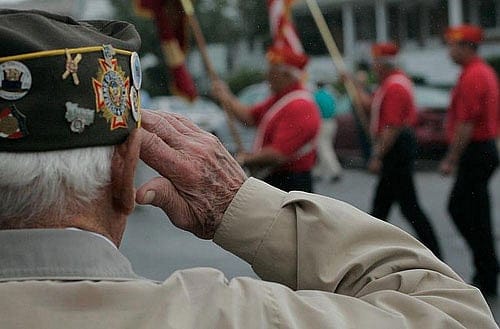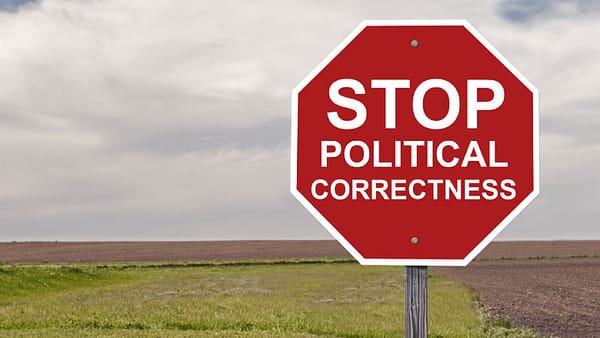Mass. Fallen Heroes: Remembering and serving those who serve us

"America." A simple but profound statement made by Greg Kelly, president of the board of Massachusetts Fallen Heroes and a combat veteran. As he paused, a loud showing of appreciation erupted from the audience at the sixth annual memorial dinner on Friday, Dec. 11. You know you are in good company when all you have to say is "America" to get the crowd excited. Emceed by Randy Price, another veteran, the gathering was in honor of fallen heroes and Gold Star Families, and to bring together supporters. The speakers reminded those in attendance of why our soldiers choose to serve. Governor Charlie Baker noted the heartbreak that is felt when our soldiers don't return home. Colonel David Hunt, the keynote speaker, remarked about the government's lackluster performance in providing for our troops.
What happens when our soldiers return home, and why aren't we doing more for them? Col. Hunt referred to it as "skin in the game," and he is correct. When it's not our skin, we don't seem to feel like it's our game. Mass. Fallen Heroes is responding to this problem by developing programs and providing support to those returning home and for the families of those who do not. They are serving our veterans in ways that the government fails to.

